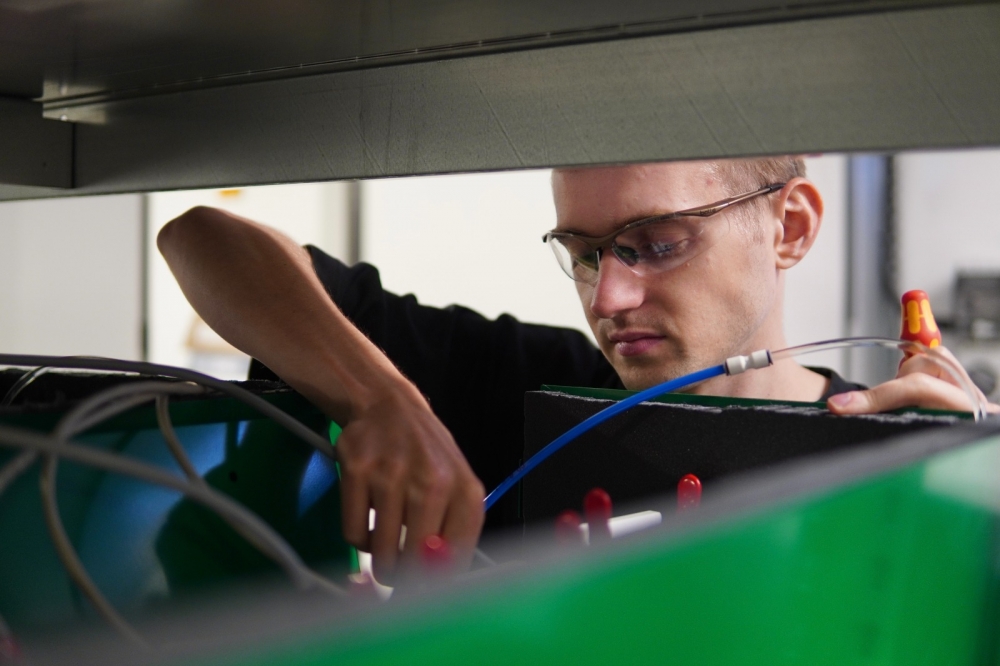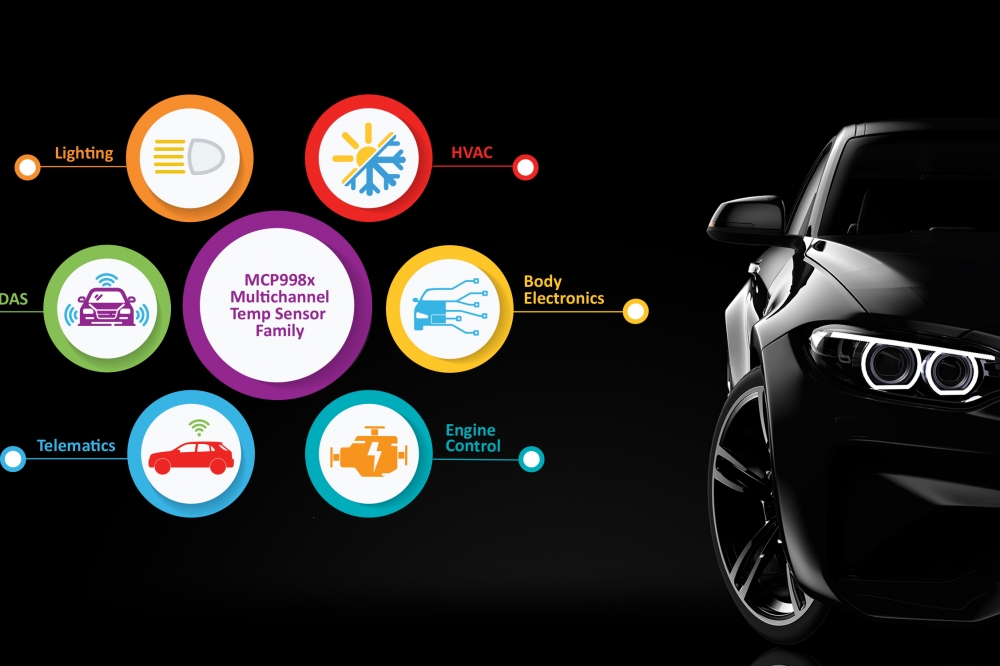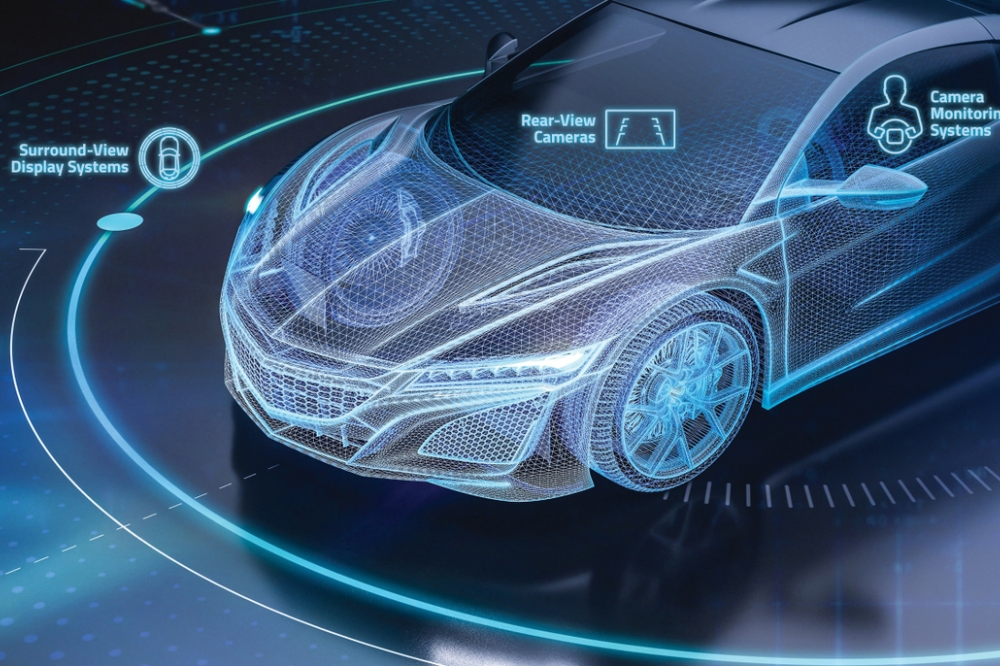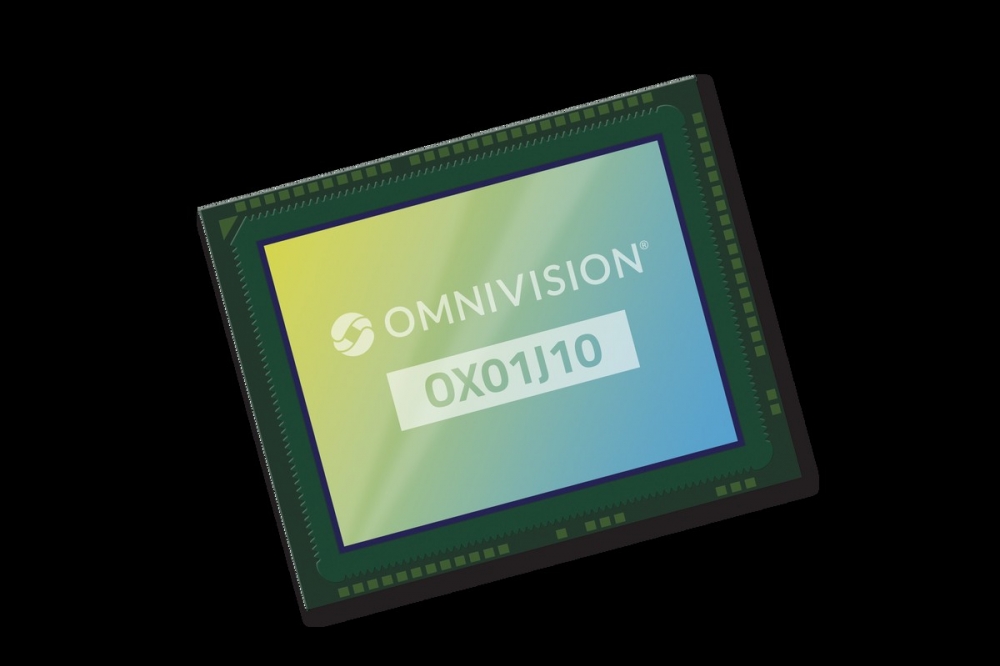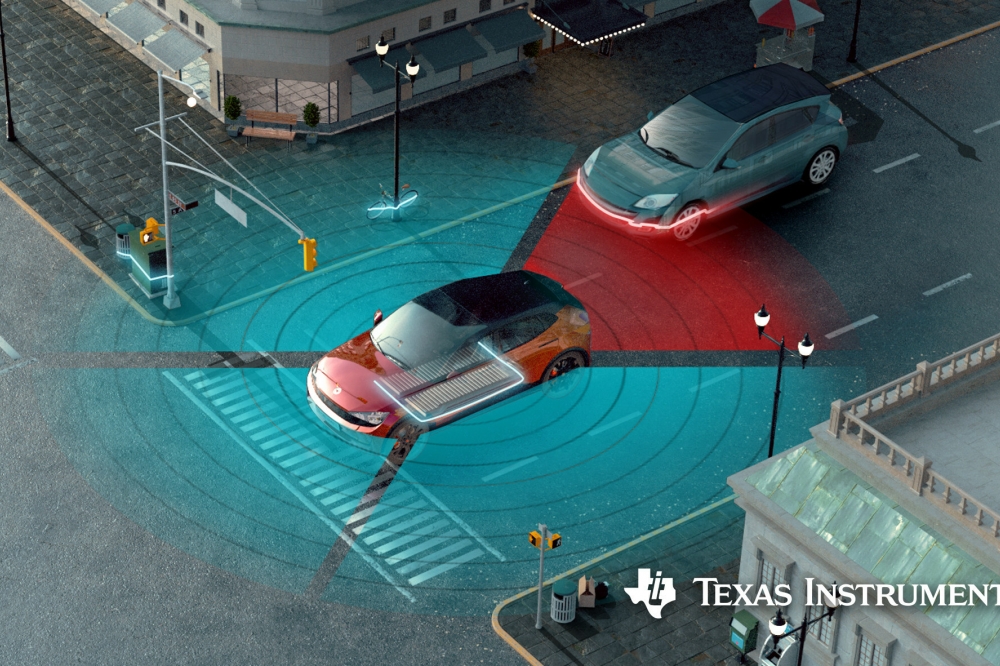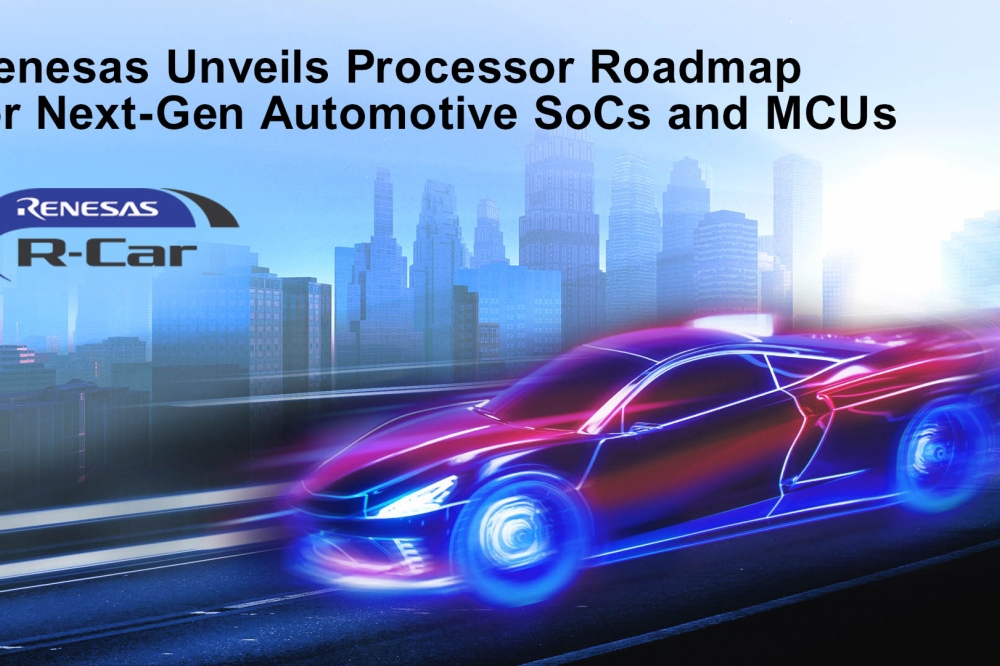Multimodal shared mobility powered by Vulog accelerates progress towards true Mobility-as-a-Service
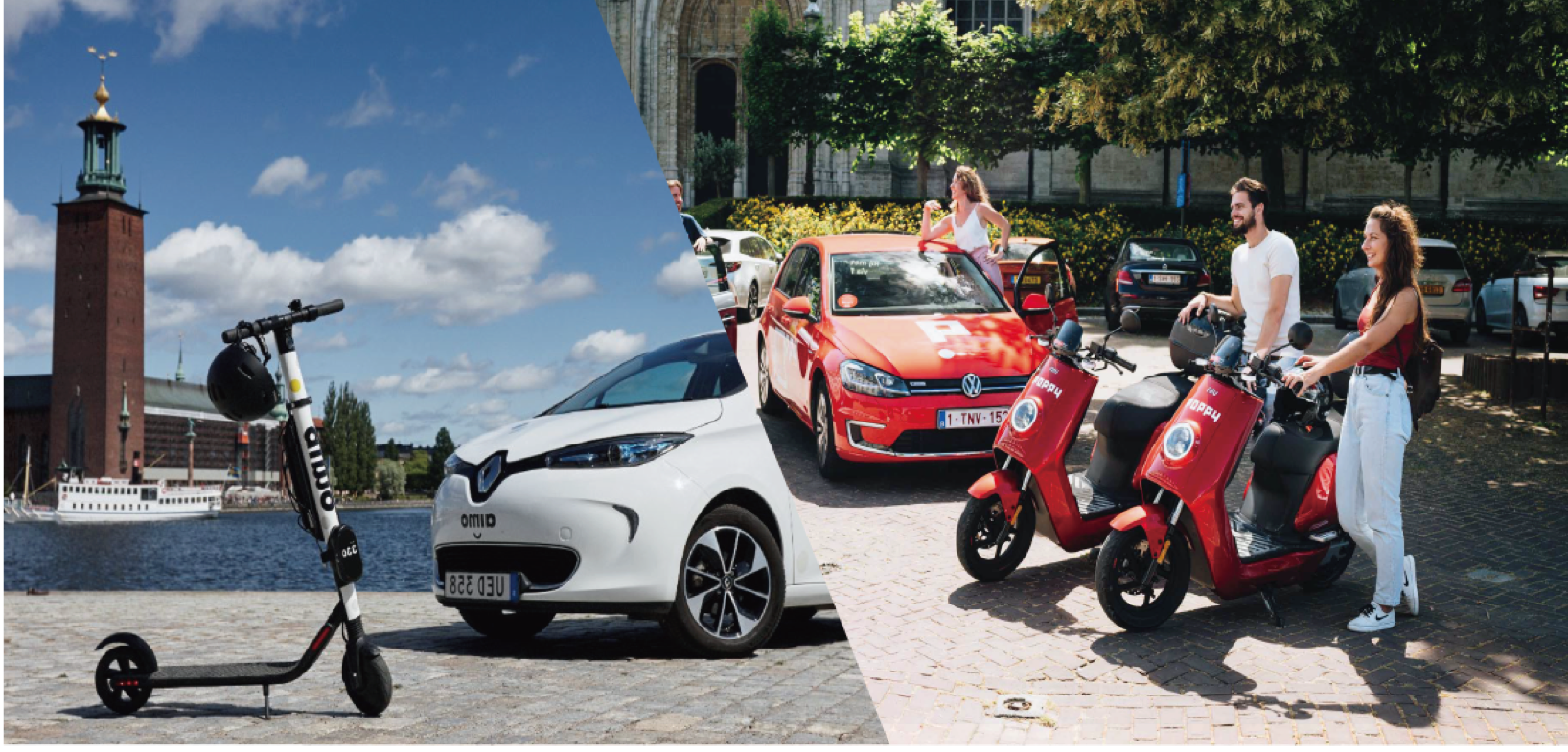
The Mobility-as-a-Service (MaaS) movement is evolving fast, with the rapidly developing shared mobility sector spearheading its growth.
1. Schemes in Belgium and Sweden are Europe’s first multimodal shared mobility services
2. User engagement increases by up to 34% during multimodal and multi-city trials powered by Vulog
3. Research shows single multi-modal app will replace an average of seven mobility apps that the average urban user has on their smartphone
The latest evolution in shared mobility is multimodal and multi-city services that allow people to use a single service for different modes of transport across and between multiple cities. The global leader in shared mobility software, Vulog has released a major update to its AiMA platform, making it the first technology provider in the sector to fully support this multimodal and multi-city capability.
Early users of shared mobility schemes were keen to explore the full potential available from multiple providers, though doing so required them to access numerous providers of different specific services. Research by Vulog linked to mobility schemes in Paris in early 2019 revealed that the average shared-mobility user had seven different apps on their phone in order to move around the city. Furthermore, the majority of shared mobility schemes started up in a single city, meaning that when users travelled to other cities, they needed to sign up to a different service.
Attracting a higher volume of customers requires maximum convenience and a seamless user experience. Requiring fewer services – ultimately just one, with a fleet that offers cars, mopeds and kick-scooters, all within one single app for the user– that can meet the full breadth of users’ needs is therefore more appealing. The new release of Vulog’s AiMA platform supports multimodal and multi-city operations and the French pioneer sees such services becoming the norm within the next 12-to-18 months.
The world’s first multimodal, multi-city shared mobility scheme is Poppy in Belgium. Since the summer of 2019, Poppy’s customers in Brussels and Antwerp have been able to access shared electric mopeds, kick-scooters and cars; the latter can be collected and dropped off in either city. Stockholm’s Aimo has also become a multimodal service, with 200 electric kick-scooters recently added to its 300-strong fleet of electric Renault Zoe EVs. Both operations successfully trialled Vulog’s updated AiMA platform and saw user activity increase over the trial period by up to 34%.
“As established players and new entrants engage in an ongoing battle for customer acquisition, operators need to develop their proposition and offer flexibility to maximise their appeal,” explains Gregory Ducongé, CEO of Vulog. “For example, I may want a kick-scooter for the daily commute, a moped for a longer trip across the city for a meeting, and a car for out-of-town road trips with my family at the weekend. If I have to use several apps, they each need my billing details and personal data, and I’ll receive multiple alerts and updates from each. A single, seamless scheme that meets all my needs is more convenient and manageable.”
Joséphine Adorelle, General Manager at Aimo, commented: “We decided to add kick-scooters to our fleet of Renault ZOEs to give our users some additional flexibility. For last-mile journeys scooters are perfect; you don’t have to think about parking in the same way you do with a car – it’s so easy. And being able to offer both services through one mobile application is a great way of helping to differentiate Aimo from other operators: it makes our proposition suit more users, more of the time.”
Sylvain Niset, CEO of Poppy, says: “In shared mobility, the challenge is to always have the right option at the right time. There must be a very good network in the city in terms of supply, including our electric cars, mopeds and kick-scooters, and the way these complement the public transport provision. Our approach is to add vehicles to city streets in a very strategic way to increase user demand and maximise utlisation, while ensuring sustainable profitability. After three years, we reached monthly profitability in 2018, and 2019 will be our first profitable full year.”
Ducongé concludes: “Multimodal and multi-city capabilities give operators a crucial competitive advantage over their rivals, and we believe that such comprehensive and flexible services will be crucial to sustained long-term profitability for all operators. And, we’ve future-proofed our AiMA platform so that operators can add autonomous cars as soon as they will be ready to deploy.”
Vulog provides the technology backbone for 30 shared mobility schemes on five continents. Its AiMA platform integrates and connects various critical functions that enable car sharing schemes to operate smoothly. From vehicle scheduling and fleet management to payment processing and parking registration services, the real-time data-driven technology stack delivers a seamless, responsive service to users and operators.
Multimodal shared mobility powered by Vulog accelerates progress towards true Mobility-as-a-Service
Modified on Tuesday 1st October 2019
Find all articles related to:
Multimodal shared mobility powered by Vulog accelerates progress towards true Mobility-as-a-Service


 Add to my Reading List
Add to my Reading List Remove from my Reading List
Remove from my Reading List